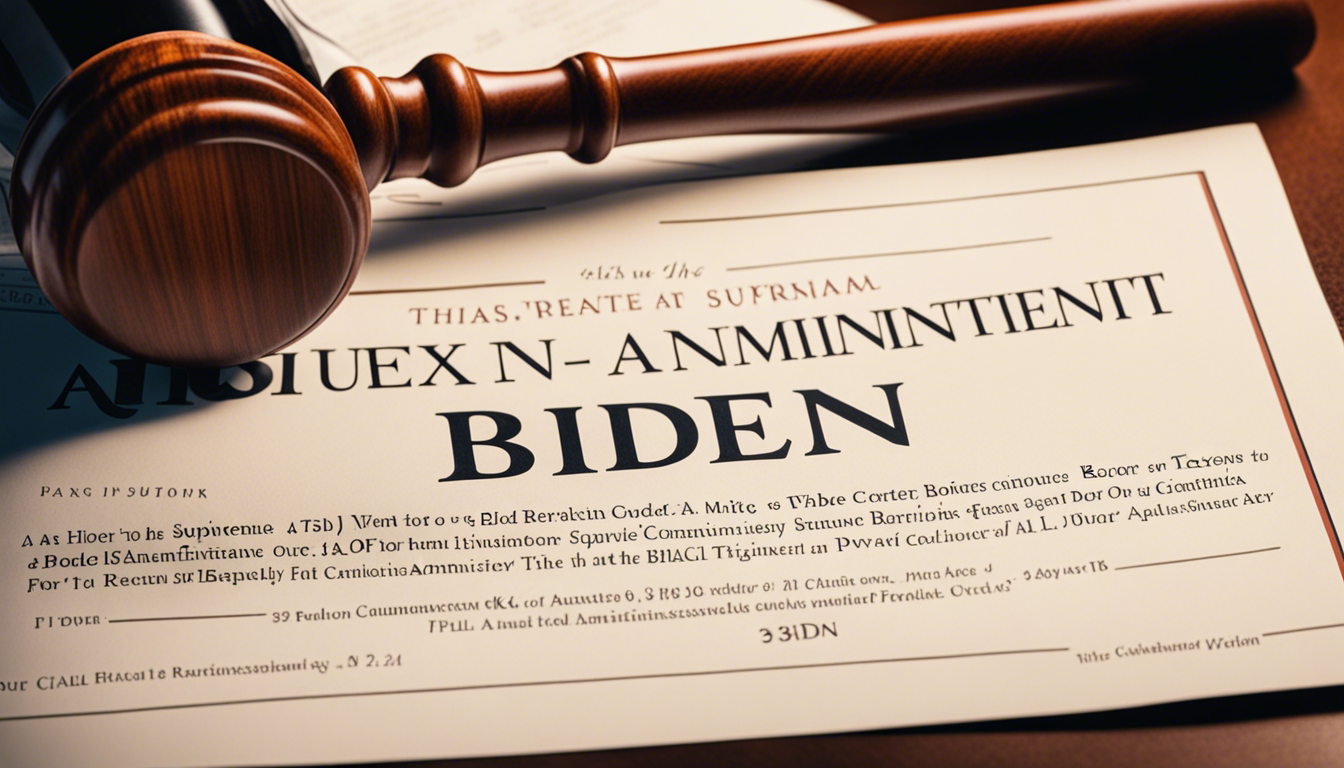
Supreme Court Splits in Favor of Biden Administration on Texas Border Dispute

In a significant turn of events, the Supreme Court ruled 5-4 in favor of the Biden administration in a case regarding the blockade along the southern border created by Texas. Justices John Roberts and Amy Coney Barrett, typically aligned with conservative ideologies, sided with the court's three liberal justices in rendering this decision.
Legal Dispute Over Border Barriers
The clearance for federal agents to dismantle the barbed wire fencing, erected by Texas along the Rio Grande River, was a victory for the administration's efforts to address border security. The notable split within the Supreme Court, with conservative justices Roberts and Coney Barrett breaking ranks, underscores the complexity and significance of this ruling.
Dispute Origins and Intervention
The dispute originated when the Fifth Circuit Court of Appeals imposed an injunction, temporarily halting a lower court's ruling that had authorized federal agents to dismantle the razor wire fencing along the Texas border. The Biden administration subsequently sought the Supreme Court's intervention to vacate this injunction.
Justice Department's Stand
According to the US Justice Department, the Texas National Guard set up the razor wire barriers along a 2.5-mile stretch of the US-Mexico border, impeding the Border Patrol's access to the river and further inland areas. The Justice Department maintained that Texas' actions represented an escalation in impeding the Border Patrol's ability to carry out surveillance and emergency response operations along the border.
Divided Court and Dissenting Opinion
The dissenting opinion came from Justices Clarence Thomas, Samuel Alito, Neil Gorsuch, and Brett Kavanaugh, reflecting the deep divide within the Supreme Court on this matter.
Significant Legal and Political Victory
This latest development marks a significant legal and political victory for the Biden administration, underscoring the ongoing battles over immigration and border control. The decision sets an important precedent and emphasizes the complexities of legal disputes surrounding border security and executive authority.
Share news















